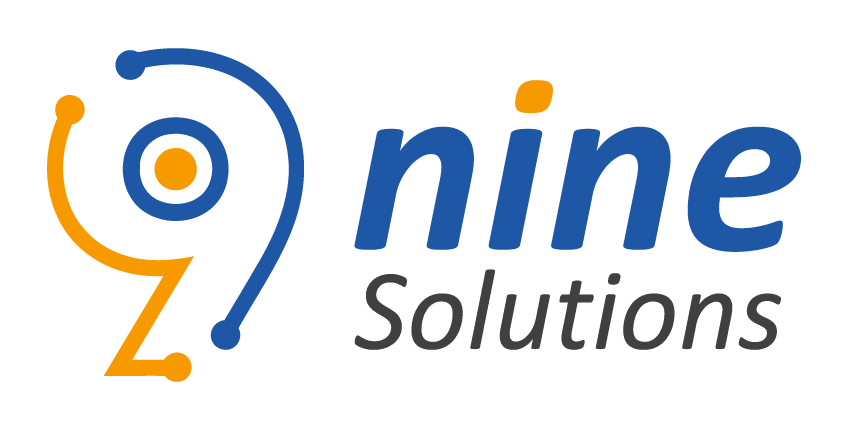In today’s fast-paced business landscape, organizations are constantly seeking ways to optimize their operations, enhance efficiency, and gain a competitive edge. Enter Enterprise Resource Planning (ERP) systems – comprehensive software solutions designed to streamline and integrate various business processes across departments and functions. From finance and human resources to supply chain management and customer relationship management, ERP serves as a centralized platform, facilitating data flow, collaboration, and informed decision-making. In this article, we delve into the concept of ERP, its benefits, challenges, and the evolving landscape of ERP solutions.
Understanding Enterprise Resource Planning (ERP)
At its core, ERP is a suite of integrated applications that enable organizations to manage and automate a wide range of business processes. These processes may include:
- Finance and Accounting: ERP systems streamline financial operations, including accounts payable/receivable, budgeting, and financial reporting.
- Human Resources: ERP solutions manage employee data, payroll, benefits administration, talent acquisition, and performance management.
- Supply Chain Management: ERP facilitates inventory management, procurement, production planning, and logistics optimization.
- Customer Relationship Management (CRM): ERP systems help organizations track customer interactions, manage sales pipelines, and improve customer service.
The Benefits of ERP Implementation
Implementing an ERP system offers numerous benefits to organizations of all sizes and industries:
- Improved Efficiency: By automating repetitive tasks and standardizing processes, ERP enhances operational efficiency, reduces manual errors, and accelerates task completion.
- Enhanced Visibility and Control: ERP provides real-time visibility into business operations, allowing stakeholders to track performance metrics, monitor inventory levels, and make data-driven decisions.
- Streamlined Collaboration: ERP fosters collaboration across departments by centralizing data and enabling seamless communication and information sharing.
- Cost Reduction: While the initial investment in ERP implementation may be significant, the long-term cost savings arise from reduced operational costs, minimized inventory levels, and optimized resource utilization.
- Scalability: ERP systems are designed to scale with the growth of the organization, accommodating increased transaction volumes, expanding product lines, and evolving business needs.

Challenges in ERP Implementation
Despite its many benefits, ERP implementation can pose challenges for organizations:
- Complexity: ERP projects are complex undertakings that require careful planning, stakeholder buy-in, and effective change management strategies.
- Customization: Balancing the need for customization with the desire to leverage out-of-the-box functionality can be a challenge. Over-customization can lead to increased costs, longer implementation timelines, and system maintenance issues.
- Data Migration: Migrating data from legacy systems to the new ERP platform requires meticulous planning, data cleansing, and validation to ensure data integrity and accuracy.
- User Adoption: Resistance to change and inadequate user training are common barriers to successful ERP adoption. Organizations must invest in comprehensive training programs to ensure that employees embrace the new system.
- Integration with Third-party Systems: Integrating ERP with existing legacy systems or third-party applications can be complex and may require additional customization and development efforts.
The Evolving Landscape of ERP Solutions
As technology advances and business requirements evolve, the landscape of ERP solutions continues to evolve. Key trends shaping the future of ERP include:
- Cloud-based ERP: Cloud-based ERP solutions offer scalability, flexibility, and accessibility, allowing organizations to access data and applications from anywhere, at any time.
- Mobile ERP: Mobile ERP applications enable employees to access critical business information, perform tasks, and make decisions on the go, enhancing productivity and efficiency.
- AI and Analytics: The integration of artificial intelligence (AI) and advanced analytics capabilities into ERP systems enables predictive analytics, actionable insights, and proactive decision-making.
- Industry-specific Solutions: ERP vendors are increasingly offering industry-specific solutions tailored to the unique needs and challenges of specific verticals, such as manufacturing, healthcare, and retail.
- Blockchain Integration: Blockchain technology is being explored for its potential to enhance data security, transparency, and trust within ERP systems, particularly in supply chain management and financial transactions.
In conclusion, Enterprise Resource Planning (ERP) systems play a pivotal role in unifying business operations, enhancing efficiency, and driving organizational growth. While ERP implementation presents challenges, the benefits far outweigh the complexities, enabling organizations to gain a competitive edge in today’s dynamic business landscape. As ERP solutions continue to evolve and incorporate emerging technologies, organizations must embrace innovation and adapt to harness the full potential of ERP for sustainable success.


